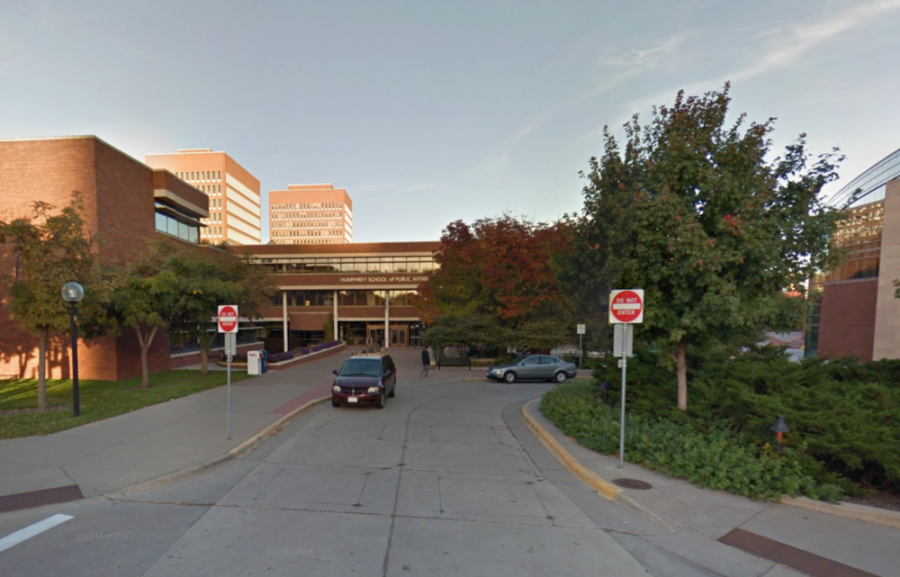Since last fall, Simon Cecil has bailed 39 people out of jail — some for as little as $78.
Cecil, a third-year graduate student in a dual degree program at the Carlson School of Management and the Humphrey School of Public Affairs, started Minnesota Freedom Fund — a nonprofit organization that bails people out on small, misdemeanor charges. But now, Cecil hopes to use the group to help spur bail system reform.
Bail is typically used to ensure people will show up to their court date; the amount is based on a court judge’s determination of the potential risk a person poses if released and the likelihood of their appearance at their court date.
Of the 39 people that Cecil’s organization bailed out since they started, only two people failed to show to their court date.
Cecil said he started the organization after realizing many of those who cannot post bail are immediately at a disadvantage. If the bail isn’t posted during the pre-trial phase, Cecil said, then it puts pressure on the person to take a plea bargain.
“It’s simply unconscionable that there should be a difference in the level of access to justice that a person has depending on their level of income,” Cecil said.
If someone can post bail, then they have the freedom to pursue whatever level of justice they feel they deserve, Cecil said. Often, people are far more likely to get less severe charges if they post bail and pursue trial than if they cannot.
“First of all, money as a criminal justice stakeholder is unfair,” said Rachel Sottile Logvin, vice president of the Pretrial Justice Institute.
Oftentimes people who have committed low-risk offenses but do not have available cash get incarcerated, Logvin said.
If a person cannot get the bail amount, they can go to a bail bond agency, he said. The agencies require a 10 percent stake of the bail amount, as well as collateral in case the defendant fails to show up for court.
“The U.S. and the Philippines are the only countries in the world that have for-profit industries built around bail,” he said.
The Freedom Fund deals with low-level, small bonds because bail bonds agencies are reluctant to write small bonds of less than $1,000, and few will go as low as $500, said Joshua Page, a sociology professor who’s done research in the bail bonds industry.
With the current political climate, Cecil said he has seen several immigrant families post bail even though they cannot afford to because they fear their family member in jail could get picked up by U.S. Immigration and Customs Enforcement and be deported.
As a result, Cecil and his organization are part of a larger nationwide movement that aims to reform bail policies and procedures — and advocacy has risen due to jail overcrowding, Logvin said.
The bail reform and pretrial movement goes back to the early 1960s, when pilot programs let people out of jail on their own accord as long as they promised they’d show up to their court date, Page said. The initiatives found that people showed up about as often as those issued bail amounts, he said
Since 1980, jail populations have increased 84 percent, despite a decrease in total crime in the country over the same time period, Logvin said.
Keeping people in jail is costly, too. Cecil said it costs nearly $140 a day to keep one person in jail in Hennepin County.
Cecil said Minnesota Freedom Fund is working on fostering partnerships with other likeminded organizations to bring more attention to bail reform. Group leaders also hope to work with legislators to push policy changes.
“We want a system where people who need help can get it, and people can be held accountable for their actions, and we don’t want…to be throwing away a ton of money on what is ultimately a system that does not make us safer or address any of the underlying issues,” Cecil said.
Correction: An earlier version of this article incorrectly stated the increase in jail population since 1980. Jail populations have increased 84 percent since 1980.








